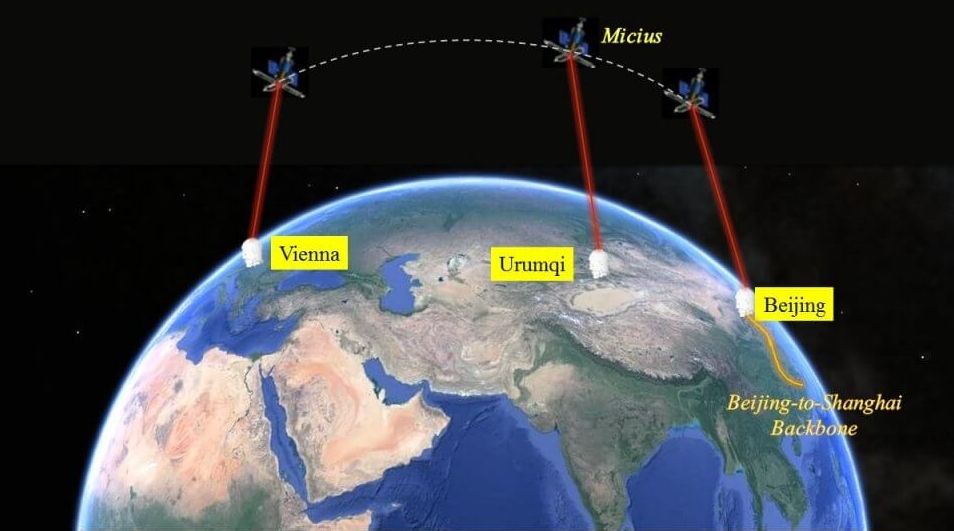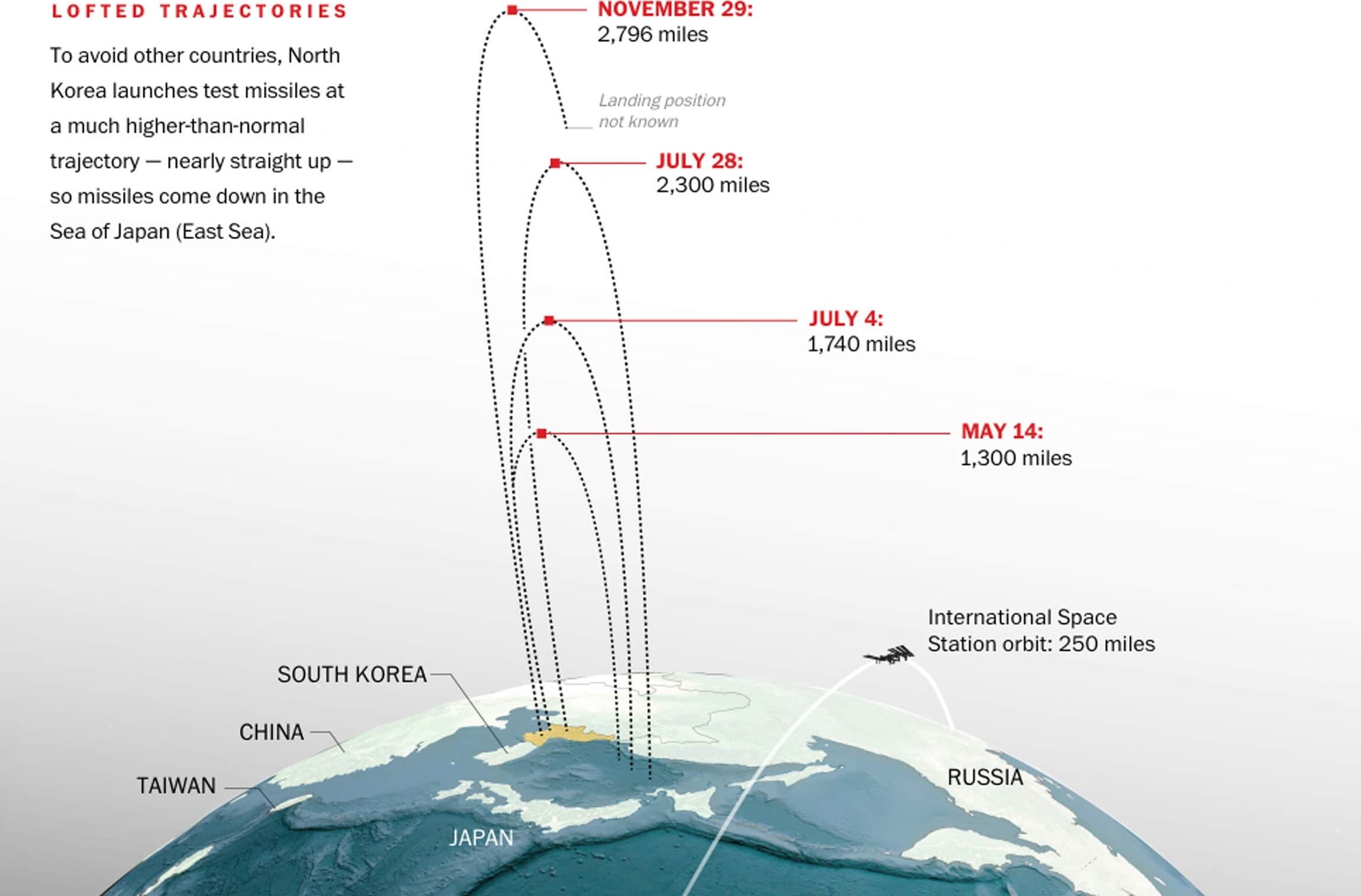Space nations, UFOs, and Mars colonies are on the wish list.


The SRF Summer Scholars Program offers undergraduate students the opportunity to conduct biomedical research to combat diseases of aging, such as cancer, atherosclerosis, and Parkinson’s Disease. Under the guidance of a scientific mentor, each Summer Scholar is responsible for his or her own research project in such areas as genetic engineering and stem cell research. The Summer Scholars Program emphasizes development of both laboratory and communication skills to develop well-rounded future scientists, healthcare professionals, and policy makers.


Canada is testing a basic income to discover what impact the policy has on unemployed people and those on low incomes.
The province of Ontario is planning to give 4,000 citizens thousands of dollars a month and assess how it affects their health, wellbeing, earnings and productivity.
It is among a number of regions and countries across the globe that are now piloting the scheme, which sees residents given a certain amount of money each month regardless of whether or not they are in work.

““Access to science is going to be a first-world privilege,” Geltner says. “That’s the opposite of what science is supposed to be about.””

Cryptography and radar were technologies that won World War 2. Broken codes let the allies know where major forces were being moved. So the US fleet could choose where to intercept the Japanese Navy for the Battle of Midway. Radar and sonar then provided realtime tracking of the Japanese forces during the battle.
This is a summary of information from a Foreign Policy article by Thomas E. Ricks.
Quantum entanglement, quantum superposition, and quantum tunneling can be applied in new forms of computation, sensing, and cryptography.

Some anniversary info from the Transhumanist Party, which I founded a few years back. This growing political party—under new leadership now—continues to prove important and inspiring. Congratulations to all those who have helped it forward! http://transhumanist-party.org/2017/11/25/ustp-chairman-anniversary/ #transhumanism
Gennady Stolyarov II
On November 17, 2016, I became the Chairman of the United States Transhumanist Party. It was a turbulent era in American politics, although it now appears to me to have been a distinct prior epoch. The offer of Chairmanship from Zoltan Istvan came at exactly the right time. I was seriously considering emigrating from the United States, which would have been a mistake. For this role, however, an expatriate Chairman would not do; Zoltan asked me to remain for at least six months – hopefully a year – and then re-assess the situation. One does not get handed leadership of a political party often (or virtually ever), so this was a unique opportunity to make a difference in American politics in a constructive way, with instant gains in prominence, and without the distasteful maneuvering that many conventional political figures feel compelled to engage in to attain a comparable position.
It has been a year, and I am staying. I have indeed reassessed the situation, or perhaps the situation has been transformed so considerably than the already transitional interpretive framework of late 2016 can no longer adequately describe our present political reality. Whereas then the tumult seemed to have stemmed from a single source, we now inhabit a distinctly different sort of chaotic era, in which the chaos emanates from virtually all partisan factions espousing conventional political ideologies. The United States has not, despite my fears at the time, succumbed to dictatorship or totalitarianism – and, despite some ill-advised policy decisions and unfortunate increases in certain forms of intolerance and hatred (on both the right and the left), there are no waves of nativist “ethnic cleansing”; there are, thankfully and for now, no massive riots in the vast majority of cities, the vast majority of the time.

ANALYSIS/OPINION:
We have recently seen evidence of how our national security was compromised by the Obama administration’s approval of the Uranium One deal that gave Russia 20 percent of our uranium reserves. We are now learning more about the serious security compromise at Port Canaveral and its adjacent military infrastructure.
The container port is not only close to U.S. Air Force facilities and NASA’s Kennedy Space Center, but more importantly, it is adjacent to our strategic ballistic missile nuclear submarine base. A Nov. 2 Center for Security Policy updated “occasional paper” exposes this “perfect storm” of a threat tied to Russia’s Club-K container missile system.
“Former Executive Secretary to UNFCCC, Christiana Figueres has laid down a challenge to UNEP FI’s banking members, and the wider finance industry to increase their allocations to low carbon investments to avoid a 2 degrees scenario. Watch her recording which she made for participants at UNEP FI’s Europe Regional Roundtable on Sustainable Finance which took place in October 2017.”